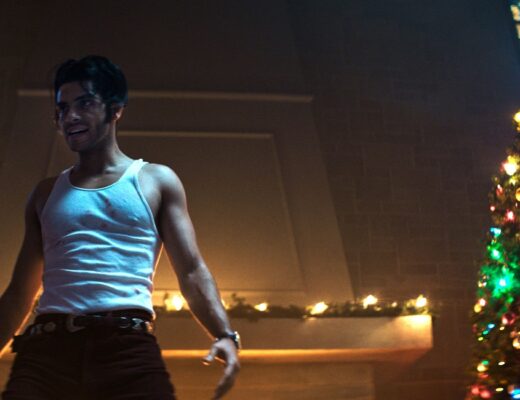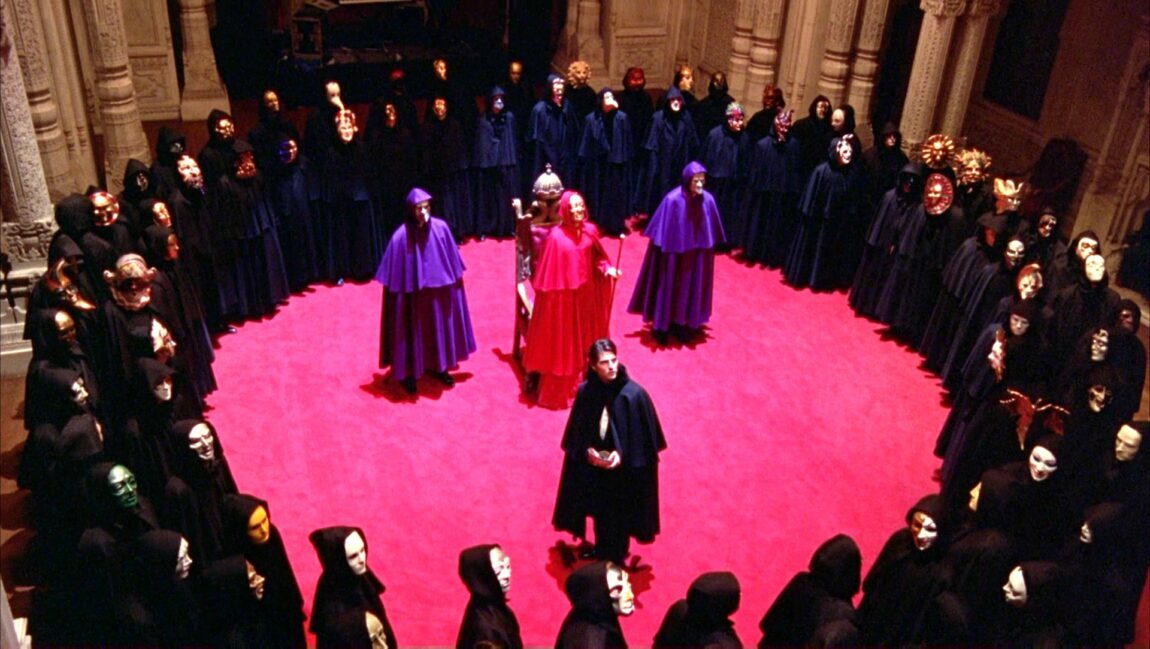David Zonana’s Workforce possesses lofty artistic ambitions for a debut: it apes Bresson rather liberally, utilizing somber diegetic music cues, mostly non-professional actors, a relatively impressive depth of field, and an impending sense of looming morality as each impoverished character struggles to find an ethical ‘right’ in a world that sees them as subjects. One such victim of a broken late-capitalist system is Francisco (Luis Alberti), who toils away with his younger brother Claudio at a never-ending construction job that requires them to spend countless hours perfecting the lavish mansion of their bourgeoisie employer. When Claudio dies in a freak accident — this occurs within the first few minutes of the feature — the insurance company is quick to claim he was drunk, resulting in no financial compensation for the pregnant widow the worker has left behind.
There’s a bubbling outrage that slowly builds throughout this early section, as Francisco enters into a Kafkaesque maze of bureaucracy where nobody has a straight answer and there’s always someone else to speak with instead; there’s an immediate (and rather effective) political anger to these proceedings, one that Zonana oddly chooses to abandon with Workforce’s strained second-half. After the soon-to-be owner of this estate dies mysteriously (it’s hinted that Francisco has taken revenge for his brother; Zonana lacks any real conviction here to push the topic in either direction), Francisco decides to move into the property with his other co-workers. This turns what should be a meditation on the accumulation of classist microaggressions that make up all capitalist relations into a petty melodrama that aims for universality: we slowly become our own rulers when we are allowed to be corrupted. But this is entirely missing the point of the precedent drama and is something of a coward’s way out in regards to taking a firm theoretical stance; it also requires Francisco, out of seemingly nowhere, to become a serial rapist and degenerate for the convenience of the watered-down message.
Published as part of Neighboring Scenes 2020.







